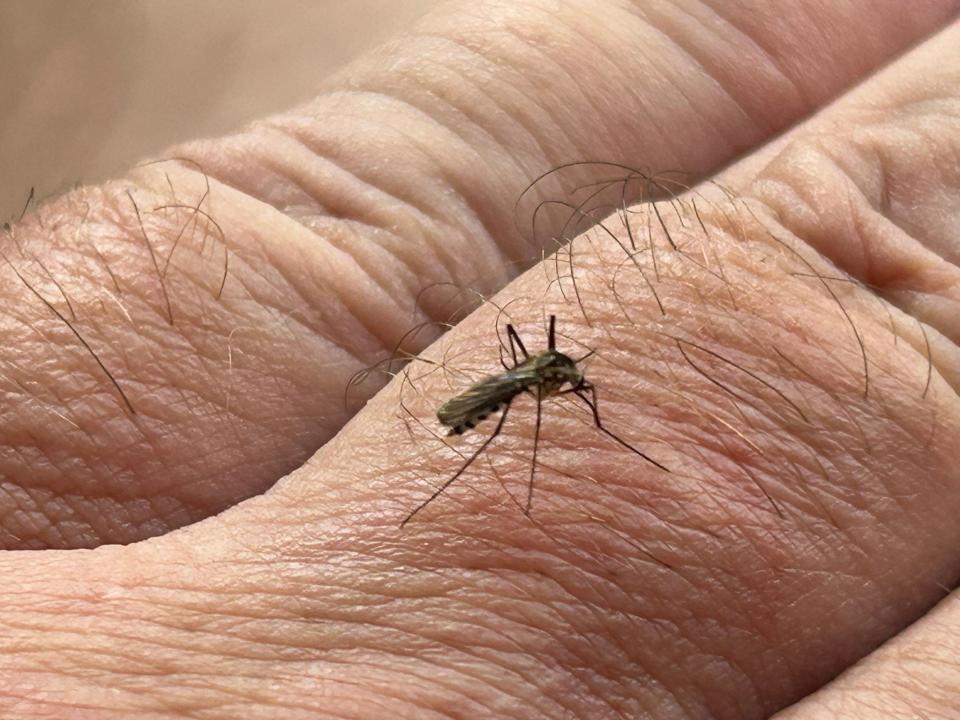Louisiana Department of Health urges protection against mosquito-borne West Nile virus
State health officials are reminding the public to take precautions against mosquito bites that can expose people to the West Nile Virus.
Preliminary data from The Centers for Disease Control and Prevention in 2022 showed that Louisiana had the fourth-highest rate of West Nile virus neuroinvasive disease in the country. During 2022, Louisiana experienced 41 West Nile neuroinvasive disease cases and seven deaths, according to the Louisiana Department of Health.
West Nile virus disease is considered an arbovirus, which is transmitted to humans primarily through the bites of infected mosquitoes, ticks, sand flies or midges. Arboviral diseases often are categorized into two primary groups: neuroinvasive disease and non-neuroinvasive disease. Many arboviruses cause neuroinvasive diseases such as aseptic meningitis, encephalitis or acute flaccid paralysis. These illnesses are usually characterized by other symptoms.

The CDC reported most arboviral infections are asymptomatic. To date, Louisiana is reporting a total of 14 neuroinvasive West Nile disease cases in the state and two deaths from the West Nile virus infection.
While 80% of the human cases are asymptomatic, many people can develop West Nile fever. Symptoms of West Nile fever, which is a flu-like illness, can include fever, headache, body aches, nausea and/or rashes. A small percentage of people sickened by West Nile virus can develop a severe infection called West Nile neuroinvasive disease or West Nile encephalitis, which can result in hospitalization and death.
Symptoms of West Nile encephalitis can include high fever, stiff neck, disorientation, muscle weakness, numbness, coma and paralysis. While anyone is at risk of developing this severe disease, individuals with pre-existing medical conditions and those who are over 60 years of age are at a greater risk.
The CDC said West Nile virus occurs during mosquito season, which starts in the summer and continues through fall. Currently, there is no vaccine or specific medicines are available for West Nile virus infection. Simple protection guidelines during the season include using insect repellent, wearing long-sleeved shirts and pants, treating clothing and gear and taking steps to control mosquitoes indoors and outdoors to prevent mosquito bites.
The Louisiana Department of Health also suggests tips to protect against mosquitoes that include wearing EPA-registered approved mosquito repellent and applying repellent on exposed skin and clothing. For those outside for extended periods of time who use sunscreen, apply sunscreen first and insect repellent second. When traveling, consider carrying a travel-size container of repellent.
When are indoors, make sure windows and doors are tight-fitting and that all screens are free of holes to protect from being exposed to mosquitos.
This article originally appeared on Lafayette Daily Advertiser: Louisiana Department of Health urges protection against West Nile

